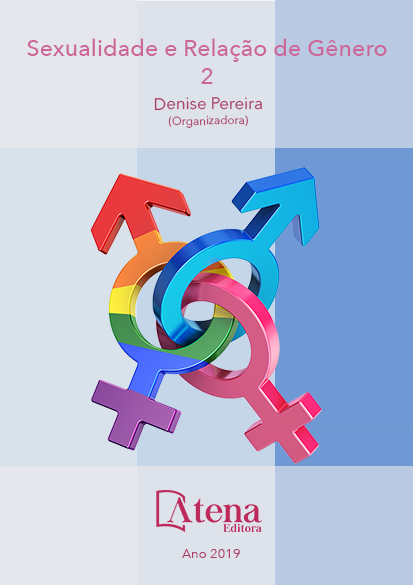
O MODO DE VIDA GAY COMO ESTETIZAÇÃO DA EXISTÊNCIA
O artigo propõe uma análise e
discussão de categorias teóricas construídas
por Foucault e aprimoradas por foucaultianos,
problematizando o seu possível uso como
instrumento de análise da homoafetividade.
Apresentamos os principais eixos temáticos
de sua obra correntemente agrupada em
três estágios: saber, poder e subjetivação.
As categorias de amizade e estetização da
existência exploradas na última fase de sua obra,
possibilitam uma renovação das abordagens a
respeito da homoafetividade, pois desafiam o
discurso corrente da militância gay que luta pela
afirmação da identidade, pelo fim da repressão
sexual e pela liberação do desejo. Foucault
problematiza cada uma destas reivindicações e
acena com a possibilidade de construção de um
estilo de vida gay que não se limitaria a repetir
os modelos consagrados pelos heterossexuais
centrados na legalidade, matrimônio e
monogamia. Postula-se uma cultura gay que
não se sobreponha às formas culturais gerais,
nem se conforme aos padrões vigentes, mas
que possa agir nelas e sobre elas, modificando
as próprias relações heterossexuais. Uma
possibilidade real de transformação implica
experimentar novas possibilidades, ao modo
da experiência artística buscar uma estetização
da existência, uma crítica da experiência vivida
buscando descortinar novas alternativas.
O MODO DE VIDA GAY COMO ESTETIZAÇÃO DA EXISTÊNCIA
-
DOI: 10.22533/at.ed.49019160113
-
Palavras-chave: Foucault; Homoafetividade; Subjetivação.
-
Keywords: Foucault; Homoafetividade; Subjectivation.
-
Abstract:
The article proposes an analysis
and discussion of theoretical categories
constructed by Foucault and improved by
Foucaultians, problematizing their possible use
as an instrument of homoaffectivity analysis.
We present the main thematic axes of his work
currently grouped in three stages: knowledge,
power and subjectivation. The categories of
friendship and aestheticization of existence
explored in the last phase of his work, allow a
renewal of approaches to homoafeactivity, as
they challenge the current discourse of gay
militancy that struggles for the affirmation of
identity, the end of sexual repression and the
liberation of the desire. Foucault problematizes
each of these claims and beckons with the
possibility of building a gay lifestyle that
would not be limited to repeating the models
Sexualidade e Relações de Gênero 2 Capítulo 13 144
established by heterosexuals centered on legality, marriage and monogamy. It posits
a gay culture that does not overlap with the general cultural forms, nor conform to the
current standards, but can act in them and on them, modifying their own heterosexual
relations. A real possibility of transformation implies trying new possibilities, to the
way of artistic experience to seek an aestheticization of existence, a critique of lived
experience seeking to discover new alternatives.
-
Número de páginas: 15
- Marianne Sousa Barbosa
- JOSÉ NILTON CONSERVA DE ARRUDA


